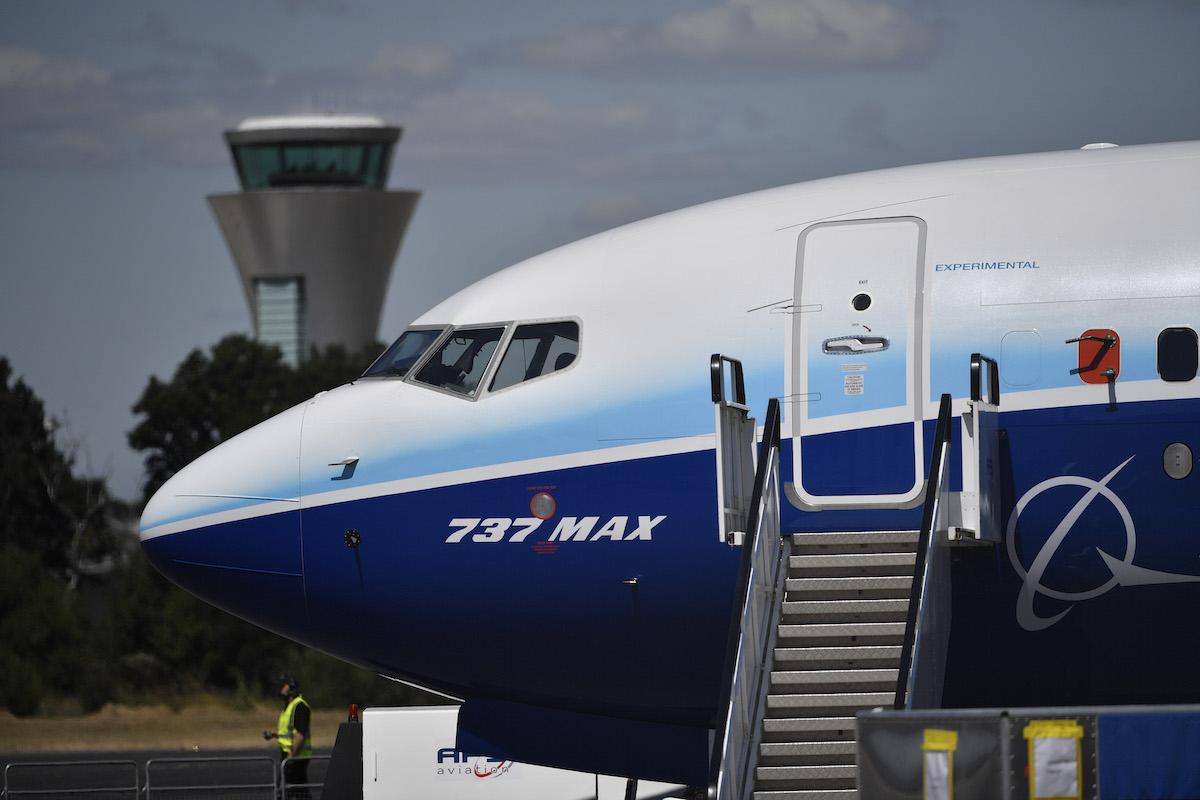
Orders, and more broadly the relationships between manufacturers and their customers, are typically at the heart of air shows.
That is no different at the ongoing 2022 Farnborough Airshow, except it is also very different.
Up until Wednesday July 20, the biggest order was a deal for 100 Boeing 737-10s by Delta Air Lines. In terms of market share the deal does not move the needle a lot for Boeing and Airbus in the large single-aisle segment where Airbus continues to dominate. Delta was not going to rely on a single OEM and it had not ordered any Boeing aircraft for more than a decade and the -10 has the range for U.S. transcontinental routes.
The deal’s importance was more perceived to be political relevance, with Delta coming in behind Boeing to say that the commonality of its MAX fleet would be key. In other words: Delta was—like Boeing—urging Congress to extend the regulatory deadline for certifying the 737-10 based on legacy rules and to not require an enhanced flight crew alerting system.
On the Airbus side, only two follow-up orders—for 12 A220s, again by Delta, and 56 A320neos for easyJet—had been announced by the end of July 20, the third day of the show. Airbus officials were trying to convey the idea that this show was more about getting back together rather than signing deals. In reality, it’s more a timing issue: China had committed to buy almost 300 A320neo family aircraft just before Farnborough, while some other contracts were not quite ready in time for the event. However, there is still time before the end of the week to get orders over the line. But it is also true that as much as Boeing needed at least one landmark deal in Farnborough, Airbus did not.
Also, the fact that there have been few widebody orders—only for the Boeing 787—should not mislead anyone; that market will come back pretty soon. At that point, the 787 will benefit—assuming Boeing will be able to resume deliveries soon, and some predict that mid-August could be a good guess—as will the Airbus A350, which is still only being produced at around half of its peak rate.
One of the most interesting deals is one that was not firmed. Qatar Airways CEO Akbar Al Baker confirmed on the sidelines of the show that his airline let a memorandum of understanding it had signed for up to 50 737-10s lapse because it could not agree with Boeing on the terms and conditions for a firm order. The 737-10 should have replaced an order for 50 A321neos that Airbus had terminated as part of the ongoing legal dispute with Qatar over the surface degradation and damage to the expanded copper foil (ECF) on the carrier’s fleet of A350s. Al Baker claimed that Airbus oversold A321neo production and did not want to adhere to the launch customer’s terms for the order anymore.
Of course, not having the 737-10 as an alternative aircraft—which it never really was because of its range limitations—is putting the airline in a more difficult place and ups the pressure for it to find an out-of-court settlement with Airbus. And while Al Baker said that Airbus’ stated intent to settle on a deal was “only for public consumption,” he added that Qatar Airways was “open [to it], provided it is fair.” However, Airbus has not “made a concerted effort yet,” he said. “At the end of the day, you have to come to the table.” Airbus, too, ultimately cannot afford to have a powerful figure like Al Baker as a permanent enemy.
The two sides appear to still be far from a solution, but they might be inching closer toward each other. And wouldn’t a nice heavily discounted order for A321neos and even a few more A350s be a good way to heal this rift one day?

